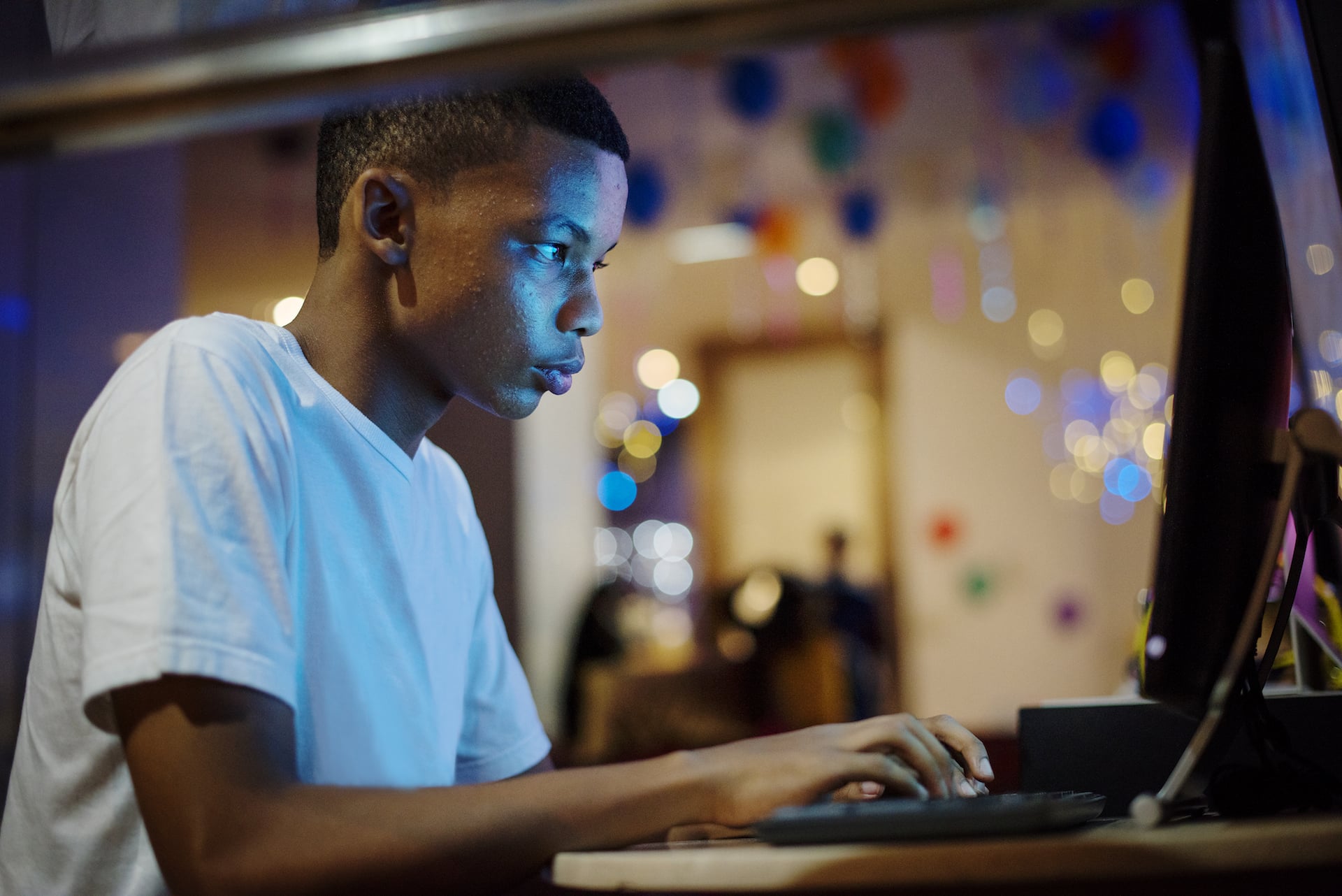Researching Generation Lockdown

Earlier this year, Youth Futures Foundation revealed that young people from ethnic minority backgrounds had been hit hardest by the pandemic.
At the time, the fall in employment was four times higher for young Black people and nearly three times higher for young Asian people.
To understand the personal experience of young people during the Covid-19 crisis in more detail, we commissioned Versiti, an award-winning research agency specialised in Diversity & Inclusion, to conduct new research. We wanted to uncover the impact that successive lockdowns and disrupted education had had on young people from ethnic minority backgrounds in England. We wanted their views of what support they needed to get good jobs. You can read the report in full here.
The report’s findings are based on qualitative data from 16-25-year-olds with a range of educational attainment and represent a mix of employees, self-employed, unemployed or furloughed young people and entrepreneurs.
In the blog below, young people who conducted the research, and a member of the research team, reflect on their “youth-led” research methods and what the report highlights.
Youth-led research
To understand young people’s needs and what supports them to get good jobs, Versiti and Youth Futures Foundation wanted young people from marginalised backgrounds to be at the centre of this project.
That meant not just conducting research about young people from diverse backgrounds, but doing it in partnership with, and for young people. It is our future on the line, after all. It made sense to give us a strong voice in the research process.
We spent two weeks with 70 ethnically diverse young people in an online community – discussing the impacts of Covid-19 on employment, education, health, family and social lives. This project reaffirmed how important it is to create an environment in which researchers and research participants are comfortable presenting their whole selves.
Because participants could relate to us as young, diverse researchers, and we could relate to them, they had the confidence to explore and share complex issues in an organic way, trusting that they would be understood. The research community was both an emotional and creative outlet. The young people felt free to share all aspects of their lives, even if they were not related to employment.
This was not a top-down approach. Instead, a supportive environment was formed in which participants and researchers regularly engaged with one another. Perhaps especially because of the lockdown – and how rare ‘quality’ relationships were – the sense of community that was created was, we believe, really appreciated by both.
We uncovered a multitude of issues, including:
- Online teaching and learning provides poorer experiences and has left many behind, especially those with greater support needs and those for whom home study is more challenging. In some cases, it is leading to lower grades.
- Some young people lost their training placements, which they fear will impact significantly on their work prospects.
- The impact of the pandemic on young people’s studies, their financial situation, their work and employment prospects as well as day-to-day life is correlated with widespread and sometimes severe mental health difficulties.
- Young people who have children of their own are under particular financial strain. In the sample, the young people who were single parents either had to suddenly take full responsibility for their children on their own (without being able to rely on grandparents either) or were cut off from seeing their children for fear of infecting them.
Read our report to find out our recommendations here.
Lucas Hamzah Rehman
Amarah Khan
Cynthia Ko

